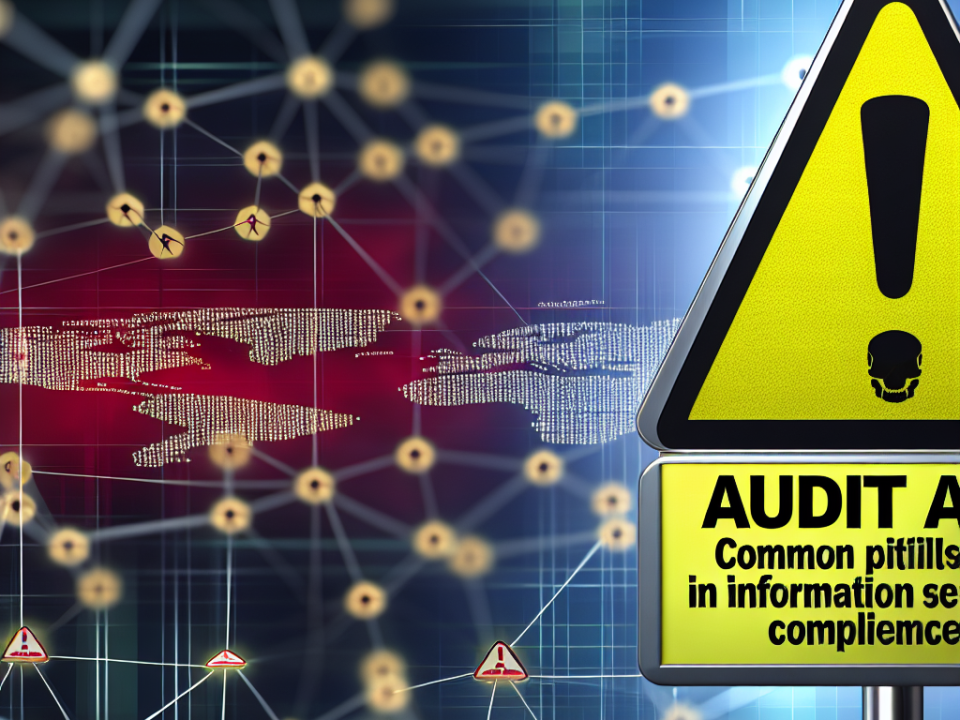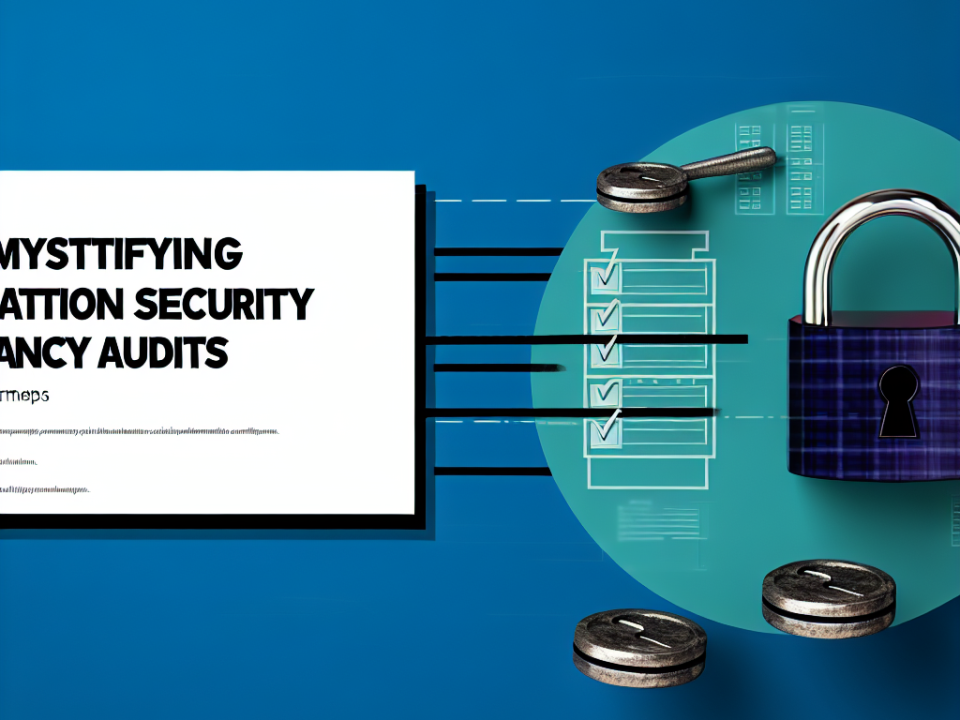
The Human Factor: Behavioral Analytics as a Cybersecurity Trend in 2025
October 19, 2025
Emerging Technologies and Cybersecurity: What 2025 Holds for Businesses
October 20, 2025
In today’s digital landscape, where the stakes are higher than ever, businesses face unprecedented challenges in safeguarding their data and systems. The rapid advancement of technology has only compounded these issues, making the neglect of security standards a costly oversight. Understanding the impact of lax security standards is essential for businesses striving to thrive in a competitive environment.
The Growing Threat Landscape
The rise of cybercrime has turned lax security into a vulnerability that can have catastrophic consequences. From small start-ups to Fortune 500 companies, no organization is truly immune. Ransomware attacks, phishing schemes, and data breaches are becoming increasingly sophisticated, allowing hackers to exploit weaknesses in security measures. Ignoring these threats can lead to devastating financial losses, reputational damage, and even legal repercussions.
Financial Consequences
Neglecting security standards can result in direct costs associated with breaches. According to a study by IBM, the average data breach costs companies approximately $4.24 million. These costs can include:
-
Immediate Incident Response: The initial cost of mitigating a breach can be substantial, involving IT specialists, software recovery, and more.
-
Legal Fees and Fines: Businesses may face litigation costs and regulatory fines, especially if they fail to comply with standards like GDPR or CCPA.
-
Reputation and Trust Erosion: A breach can result in irreparable harm to a company’s reputation, leading to lost customers and decreased revenue in the long run.
- Increased Insurance Premiums: Companies often face higher cybersecurity insurance premiums after a breach, adding another layer of financial strain.
Reputational Damage
Beyond immediate costs, the reputational damage resulting from lax security can have lasting effects. Once trust is eroded, customers may hesitate to engage with a brand that has suffered a security failure. This can lead to decreased sales, customer churn, and a negative public perception that can take years to mend.
Legal Implications
Neglecting security standards poses significant legal risks. Companies may find themselves facing lawsuits from regulators, customers, and business partners. For example, when Equifax experienced a significant data breach in 2017, it faced numerous class-action lawsuits and was ultimately fined over $700 million. This serves as a stark reminder that the legal fallout from a breach can be substantial and far-reaching.
The Impact on Operational Efficiency
For many organizations, security is often seen as an add-on rather than an integral element of the business model. This perspective leads to underinvestment in security measures, making ongoing maintenance and upgrades secondary to operational efficiency. The truth, however, is that lax security can significantly disrupt business operations. System downtimes, data loss, and recovery efforts can lead to disruptions that directly impact productivity and profitability.
Employee Morale and Trust
Employees are often at the frontline of cybersecurity. When they feel unsafe or undervalued due to poor security practices, morale may suffer. Trust among staff can erode if employees feel their data and jobs are at risk. By neglecting security, businesses may inadvertently create a culture of complacency, making it more challenging to instill a proactive approach to security throughout the organization.
A Call for Robust Security Standards
In light of the devastating consequences of lax security, it is paramount for businesses to prioritize robust security measures. Here are a few strategies to implement:
-
Regular Audits and Assessments: Conducting thorough security audits can help identify vulnerabilities before they are exploited.
-
Employee Training: Regular training on cybersecurity best practices can empower employees to recognize threats and act accordingly.
-
Investment in Technology: Adequate financial investment in updated security technologies is essential to defend against evolving threats.
-
Incident Response Plans: Developing a comprehensive incident response plan ensures that businesses are prepared to efficiently handle any security breach.
- Compliance Monitoring: Regularly reviewing compliance with industry regulations can help mitigate legal risks while building customer trust.
Conclusion
The cost of neglecting security standards is too high for any organization to ignore. As cyber threats continue to evolve, businesses must adopt a proactive approach to cybersecurity that prioritizes not just compliance but a genuine commitment to protecting their assets, employees, and customers. Investing in security is no longer optional; it is a fundamental aspect of building a resilient and trustworthy enterprise. In doing so, organizations can safeguard their future and contribute to a safer digital landscape for all.







